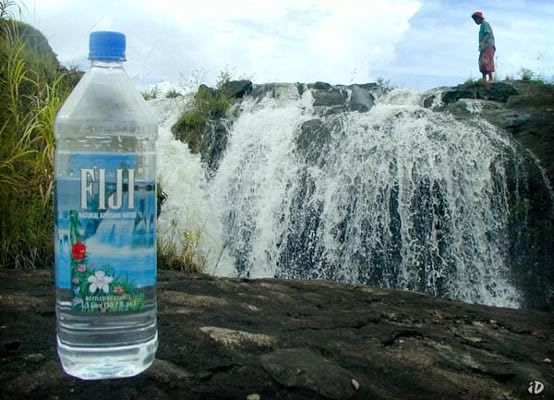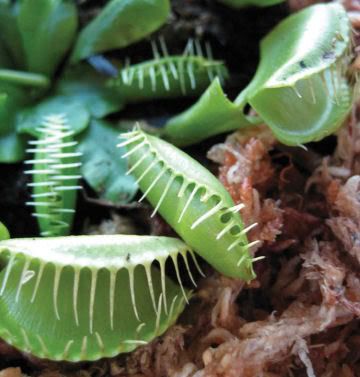A Thunderstorm Emily Dickinson
The wind begun to rock the grass
With threatening tunes and low, -
He flung a menace at the earth,
A menace at the sky.
The leaves unhooked themselves from trees
And started all abroad;
The dust did scoop itself like hands
And throw away the road.
The wagons quickened on the streets,
The thunder hurried slow;
The lightning showed a yellow beak,
And then a livid claw.
The birds put up the bars to nests,
The cattle fled to barns;
There came one drop of giant rain,
And then, as if the hands
That held the dams had parted hold,
The waters wrecked the sky,
But overlooked my father's house,
Just quartering a tree.
How is weather used in the poem?
Thunder is the main topic of the poem and "the menace" in the first stanza is the thunderstorm. The rain in the poem is described as being so strong it causes leaves from the trees to blow off. It also describes the rain by saying that it wrecked the sky.
How does the poet's knowledge of weather enhance the poem?
The poet's knowledge of weather enhances the poem by the way the poet knows that when frightening weather approaches an area, animals react and have a sixth sense about it. In the poem it says "The birds put up the bars to nests, The cattle fled to barns". Also, right before it begins to shower in an area, it becomes very windy, and in the poem Dickinson says "the leaves unhooked themselves from the trees" and this is said before it has even started to rain.
What type of weather is discussed?
The weather that is mentioned in the poem is thunder, rain, and wind. So basically all the elements of a thunderstorm are described.
Would the poem be the same without the mention of weather?
If the title were taken away (The Thunderstorm) then you could still imagine that the poem was about a thunderstorm or some sort of storm taking place because the poem describes different elements of the thunderstorm without telling you that it's a thunderstorm. The poem doesn't even tell you there's wind---you can just infer it.
What literary techniques are used in the poem in regards to weather?
Dickinson uses the line "The waters wrecked the sky" and it is an example of personification. In real life water can't wreck the sky, but sometimes it looks like it does wreck the sky.
Does this poem further your knowledge about weather?
The poem doesn't enhance my knowledge of weather too much, although it is a great poem. I think in order to understand the poem you need to have previous knowledge of weather. A lot of the poem is inferring what kind of weather it's talking about.
Tuesday, May 27, 2008
Iconic Squared Bottles Of Water

There's this amazing water that is produced in the Islands of Fiji. The water from Fiji is natural artesian water, meaning that the water comes from an artesian aquifer that is located at the edge of a primitive rainforest. It is a huge volcanic chamber confined by the rock walls of an ancient crater. This water travels across the Pacific Ocean to the islands of Fiji, which is a continent that exists far away from acid rain and other pollutants. The rainfall is purified by equatorial winds that pass through the Pacific Ocean. Interestingly enough, Fiji water is never touched by human hands until you have opened the bottle to drink it. It is protected water that is bottled at a special bottling facility that is located right on top of an aquifer. Fiji water happens to be the only water that comes from an artesian source in the top ten most selled brands in the US. The taste of the Fiji water in my opinion is very soft and tastes different from your average Poland Spring or Deer Park water. There are 85mg of silica in the water which is good for strengthening bones, connecting tissue, teeth, skin, nails, and hair. Silica is also thought to eliminate aluminum deposits in the brain that can cause Alzheimer's disease. In my opinion, I would rather drink Fiji water because it is untouched water that doesn't have all the pollutants that other waters like spring water and purified water can get. As spring water bubbles to the surface of the ground it can collect different pollutants from the environment around it, and purified water (like tap water) has been treated for impurities so humans can consume it. Overall, Fiji water seems pretty healthy.
All information derived from www.fijiwater.com
Monday, March 3, 2008
Flytrap Machine

Who: Scientists from the University of Massachusetts, Amherst.
What: The Venus flytrap plant could help electronics in the future.
When: December 5, 2007
Where: university of Massachusetts, Amherst.
Why: To see how the venus flytrap can help society.
My Opinion:
This is really interesting because humans learn from the environment on how to create things like computers or advancements in medicine. The Venus Flytrap is one of those very strange plants you will rarely come across in your life and it's strange that it can help with things like technology and medicine. The flytrap could also help to see when foods spoil by snapping surfaces in food packaging.It could work as sensors that react when food is spoiling or storage temperatures are too high. In helping with medicine, using the material that is like a flytrap could help transport medicines to the body. If you ever come across a flytrap be careful because it snaps its mouth and doesn't even have muscles (a strange fact).
Wednesday, January 16, 2008
Babies Prove Sound Learners

Who: Babies, Patricia Kuhl
What: Scientists observe how babies can pick up different languages so much faster than adults and why.
When: January 16, 2008
Where:University of Washington's Institute for Learning and Brain Sciences in Seattle.
Why: People want to discover the reason as to why children under the age of seven learn languages so quickly. They also want to know why adults take a lot longer to learn a foreign language.
My Opinion: I think it's really interesting how even though adults may know a lot more than a baby, a baby can learn faster. I wonder why children under the age of seven can learn languages so much quicker than an adult can. If this is so, why don't schools start teaching kids foreign languages when they go to kindergarten? In the article it is said that scientists are very curious about the brains of people who speak more than one language because that skill is hard to acquire. I thought it was also interesting that when the baby was tested with an electrode cap, (which is harmless) the baby showed lots of brain activity when hearing new sounds. But when the baby was put in front of a television listening to the same sounds, they showed nothing. Also, when you learn a new language fluently, your brain forms two pathways which I thought was pretty cool.
http://www.sciencenewsforkids.org/articles/20080116/Feature1.asp
Subscribe to:
Comments (Atom)

